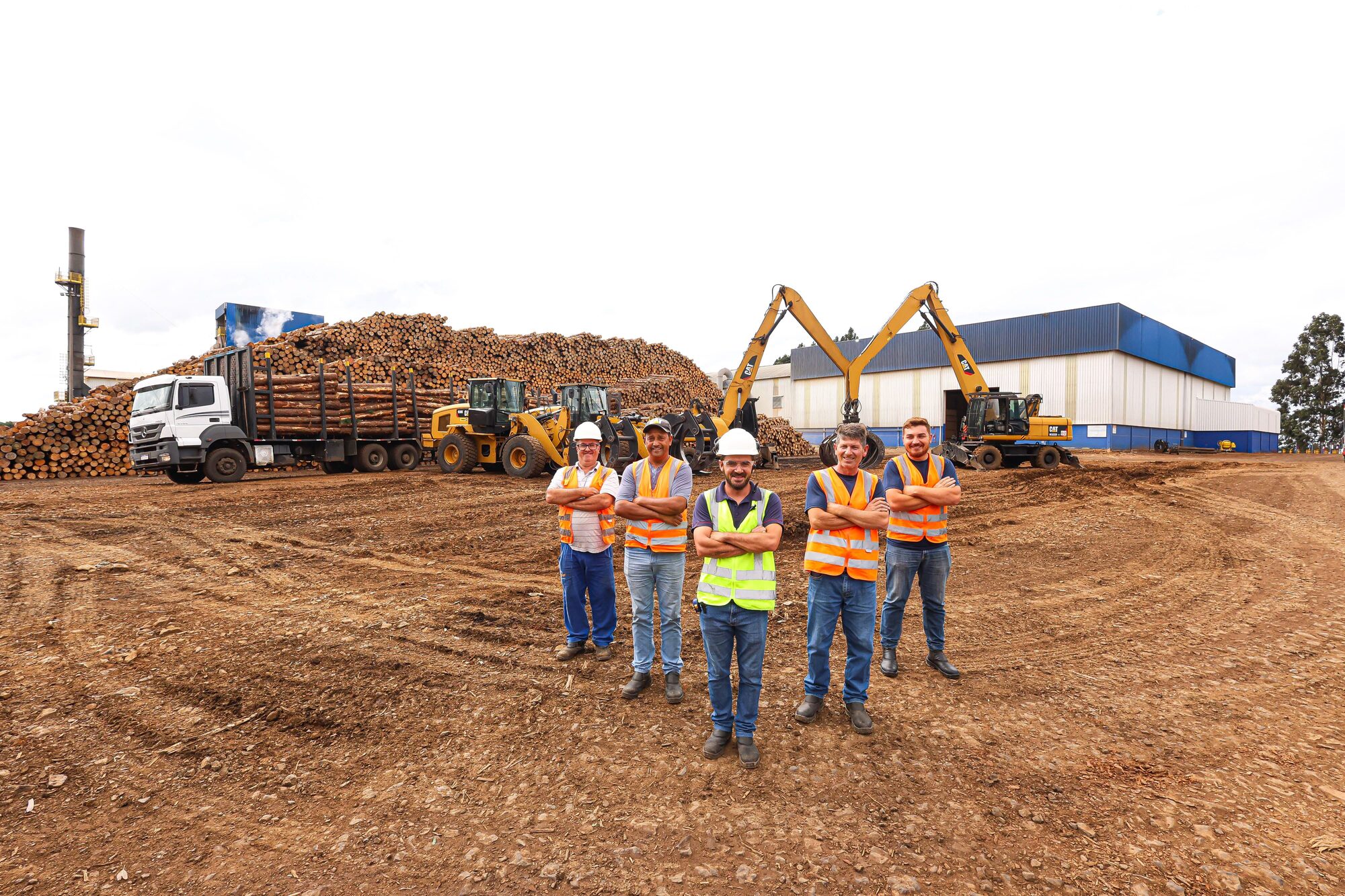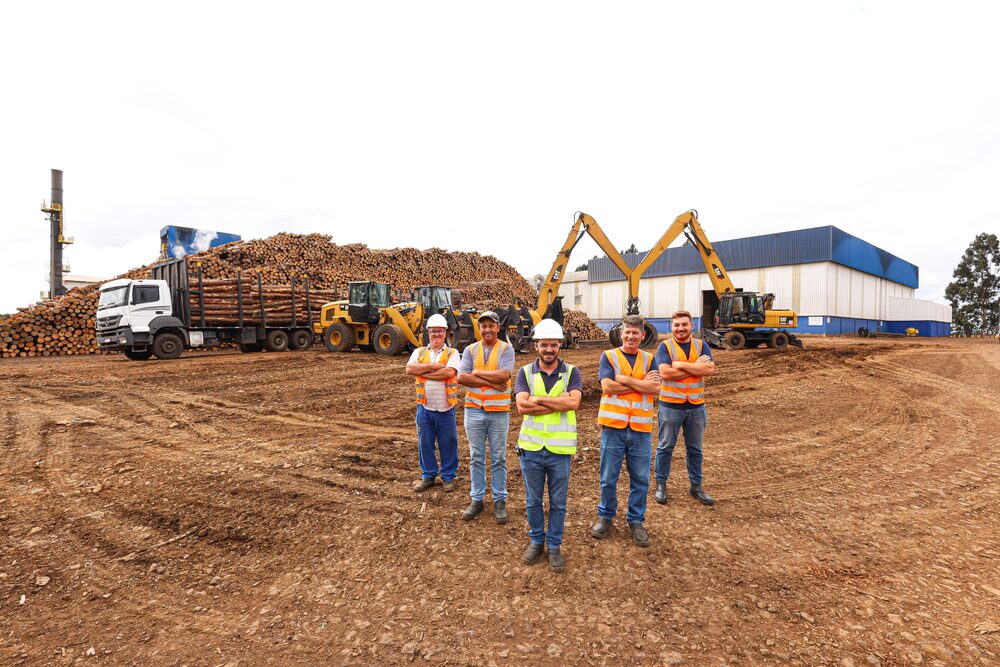GTI Report: Brazil the only bright spot in October with expanding timber sector
19 November 2025, Yokohama

Innovation workshop in Mato Grosso, Brazil. © teakrc
The timber sector in Brazil returned to growth in October 2025 amid broadly subdued sentiment in many countries, according to the latest Global Timber Index (GTI) Report. The ITTO-supported GTI tracks the performance of the timber sector in pilot countries in Africa, Asia, and Latin America.
The GTI for Brazil stood at 52.3%, back above the 50% threshold after a weaker reading in the previous two months and indicating an upward trend in its timber sector.
In China, the GTI fell to 45.6%, as production and business activities of Chinese timber enterprises generally slowed during China's eight-day National Day holiday in October. Also, the GTIs for Indonesia (48.8%), the Republic of the Congo (48.0%), Thailand (42.4%), Ecuador (39.0%), Gabon (34.4%), and Malaysia (31.3%) were below the 50% threshold.
Despite the overall contraction in most countries, some national sub-indices contained positive developments. For instance, Indonesia’s harvesting volume continued to grow. In Malaysia, the production side halted a streak of declines. In the Republic of the Congo, the domestic market improved. And Brazil's export orders rose for the first time in ten months.
Specialized sub-indexes also indicated overall contractions in October. The GTI-Producers Index was at 48.5%, while the GTI-Wood based Panel Index stood at 36.4%.
Feedback from GTI sample enterprises highlighted challenges related to raw materials and market demand. Regarding raw materials, several enterprises in Thailand reported a shortage of rubberwood in the country, making it difficult to procure. Heavy rainfall in countries including Indonesia, Brazil, and Ecuador hampered harvesting and log transport.
Concerning demand, GTI sample enterprises in both Brazil and Ecuador mentioned contraction in the US export market. Recent industry information also indicates that US tariff policies are prompting many countries to pivot towards new markets.
Taking the furniture industry as an example, Chinese furniture exports to North America experienced a continued decline in the first three quarters of 2025, while markets in Europe, Latin America, and Africa grew. In Brazil, enterprises in states such as Santa Catarina, São Paulo, and Minas Gerais have started to pivot towards markets in Latin America, Europe, and the Middle East.
The latest GTI Report also highlights efforts to advance sustainable forest management in the pilot countries, including a memorandum of understanding between Gabon and China on utilizing high-resolution satellite imagery in the protection of forests in Gabon.
The monthly GTI Report, GTI-Producers Report and GTI-WBP Report are available at www.itto.int/gti/.
